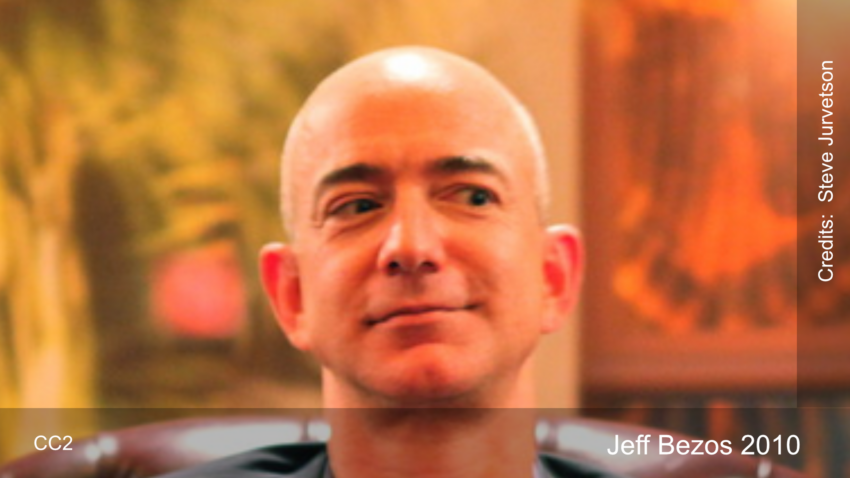Jeff Bezos, owner of the Washington Post, recently defended the decision to stop endorsing presidential candidates. He argues that the move aims to rebuild trust in the media. In an opinion piece, Bezos explained that endorsements create a perception of bias and do not influence voters. Washington Post’s decision has sparked controversy, leading to the resignation of some editorial board members and the cancellation of over 200,000 subscriptions.
- Endorsement Policy Shift: Jeff Bezos defended the Washington Post‘s decision to stop endorsing presidential candidates, aiming to rebuild media trust by reducing perceived political bias.
- Controversy and Backlash: The change led to the resignation of several editorial board members and subscription cancellations, with some readers and staff interpreting it as a lack of support for Vice President Kamala Harris.
- Independence from Influence: Bezos denies any external pressure or political bias influenced the decision, clarifying that it was not linked to interactions with Donald Trump or other political figures.
- Commitment to Integrity: Bezos reaffirms his commitment to the Post’s credibility, emphasizing that focusing on accurate reporting rather than endorsements will better serve the public.
NPR reported that the newspaper faced backlash for not endorsing Vice President Kamala Harris. Bezos, however, maintains that this decision was made without any external influence or political bias. He emphasized that the decision was not linked to any meeting between his company executives and former President Donald Trump. Bezos explained that the timing of the decision was unfortunate but unintentional.
Bezos insisted that his wealth and business interests should not be seen as conflicting with the Post’s journalistic integrity. He pledged not to use the newspaper for personal gain. He urged the media to regain credibility by focusing on accurate reporting. Despite the controversy, Bezos remains committed to the Washington Post and its mission to provide trusted news.

